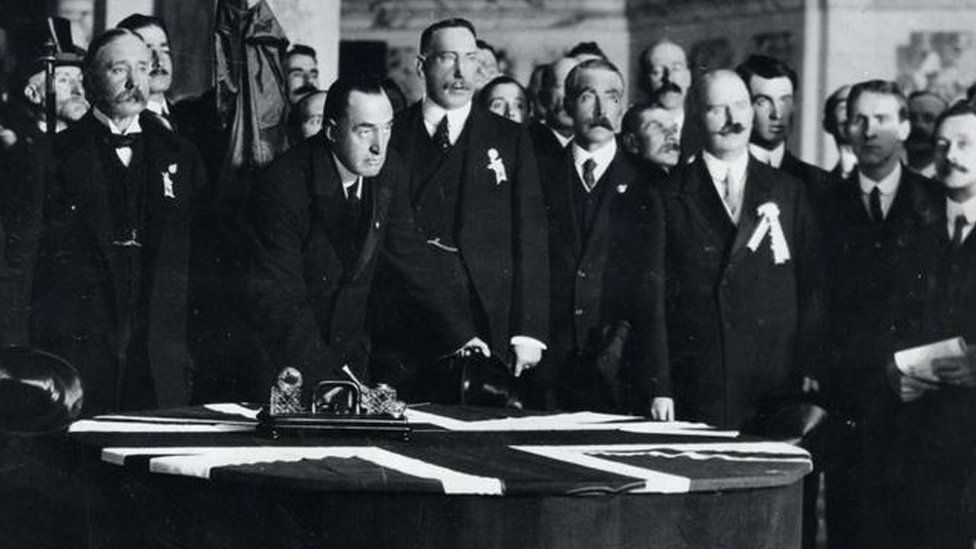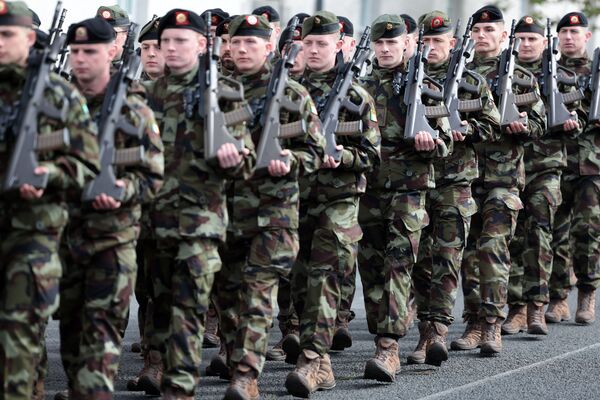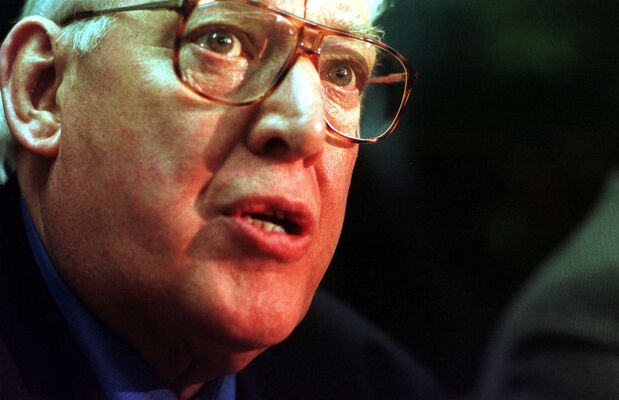HISTORICAL events sometimes produce an echo. The civil rights movement in the US was echoed a short time after by the civil rights movement here. The peaceful agitation of Martin Luther King gave way to the violence of Malcolm X and the Black Panthers; here, the civil rights movement dissolved into violence and thirty years of conflict.
Today, the anti-immigration problem that has polluted countries like England and the US has echoed across seas and oceans to find a home in the South of Ireland.
Anti-immigration sentiment almost certainly played a part in Sinn Féin’s disappointing performance in last week’s local and European elections. At first welcoming of immigrants from Ukraine and elsewhere, Sinn Féin found itself under pressure to clarify and stiffen its stance, as the South’s open-door policy descended into a dog’s dinner of tents, hotel accommodation, signs informing us Ireland was full and planned refugee centres being burnt down. The voters of the south were persuaded that Sinn Féin was excessively “soft” (aka humane) on the immigration question and the local and European election returns reflected that.
Looking forward to lots of discussion tomorrow about how we plan and work for a better future on this island.
— Paul Sceeny (@paulsceeny) June 14, 2024
See y’all there! 😃 https://t.co/8tstdE0QlU
The plethora of independent candidates on the ballot paper was fuelled, sometimes directly, sometimes indirectly, by that local immigration antagonism. And many of those independents got elected. There was an undeniable link between the fury of local people who felt immigrants were being foisted on them without consultation and the votes cast for local independent candidates. It’s also possible, of course, that local anger and local independent candidates were a response by all those who had a sense of being left behind in a state whose coffers bulge with wealth.
Used as they are to winning, the decline in support for Sinn Féin will perplex and disappoint many. The party focused on housing in the election; at the same time everyone, North and South, knows that national unity and independence lies at the heart of Sinn Féin, just as Scottish independence lies at the heart of the Scottish National Party (SNP).
The aspiration towards Scottish independence suffered enormously through the resignation of its leader Nicola Sturgeon and the various charges against her and others. Right now hopes of Irish independence have suffered a setback through the poor performance of the Shinners last week.
But what cannot be cured must be endured, and Sinn Féin themselves would be the first to disown any monopoly on the drive for unity and independence. Next weekend in Belfast’s SSE Arena there will be a mass meeting arranged by the Ireland’s Future group. Several years ago a similar meeting in Belfast’s Waterfront Hall allowed civic nationalism to give a massive boost to a border poll and the cause of Irish independence. The SSE Arena event, it is hoped, will build on that, emphasising that national independence goes beyond political parties.
Over 100 years ago, the Ulster Covenant of 1912 made clear the position of Northern unionists – hundreds of thousands signed their names to a document declaring their determinaton to resist Home Rule.
A border poll will be triggered when the British Secretary of State believes that a majority of people in the North and the South wish for it. Until now the belief was that this would be derived by the success of the country’s only truly nationalist party, Sinn Féin. A twin or alternative strategy of a petition, signed by hundreds of thousands, would force the British Secretary of State to stop worrying about the rise of Sinn Féin and focus on the fact that huge numbers have signed up for constitutional change.
It worked for unionism in 1912. What’s to prevent a twenty-first century nationalist version emerging within the next few years?








